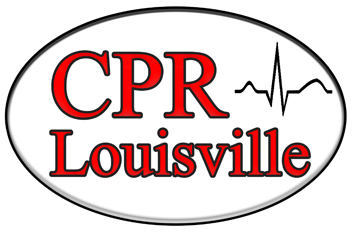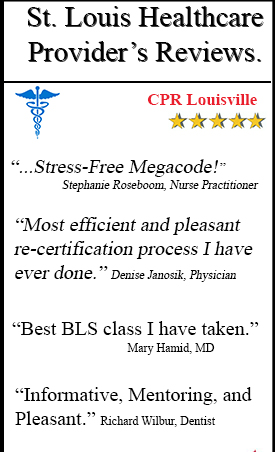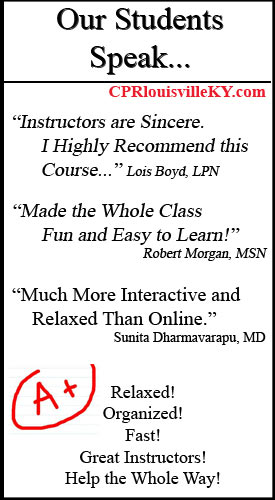Cardiopulmonary Resuscitation (CPR) stands as one of the most crucial life-saving skills one can possess. In times of medical emergencies like sudden cardiac arrests, knowing how to perform CPR can be the difference between life and death. However, with various organizations offering CPR certification, it can be challenging to determine which one is the right fit for your needs. In this article, we’ll explore the two prominent organizations in the world of CPR certification: the American Red Cross and the American Heart Association (AHA). Our goal is to help you make an informed decision on which certification aligns best with your requirements.
CPR is not just a skill; it’s a lifeline. In critical moments when a person’s heart stops beating, the ability to perform CPR correctly can sustain vital functions until professional medical help arrives. It’s an act of heroism anyone can undertake, provided they have the right training and certification.
When it comes to CPR certification, two names shine brightly: the American Red Cross and the American Heart Association. Both organizations have a long-standing reputation for providing comprehensive CPR training, and choosing between them can be a daunting task.
The Red Cross CPR Certification
The American Red Cross, a humanitarian organization, has been a symbol of assistance and relief for over a century. It’s no surprise that they offer CPR certification programs with a focus on saving lives.
Red Cross offers a variety of CPR courses catering to different audiences, from Basic Life Support for healthcare professionals, courses for advanced rescuers, and courses for the general public. Each course is designed meticulously, covering critical topics such as adult and pediatric CPR, AED usage, and more.
Pros and Cons of Red Cross CPR Certification
Pros:
– **Reputation:** The Red Cross is globally recognized for its humanitarian efforts, instilling trust in its CPR programs.
– **Wide Availability:** Red Cross courses are widely available, making it accessible to a broad audience.
– **Comprehensive Curriculum:** Their courses are known for their comprehensive content, equipping individuals with essential life-saving skills.
Cons:
– **Cost:** Red Cross courses may be relatively more expensive than some alternatives.
– **Course Length:** Some individuals might find the courses longer than expected.
-**Acceptance:** Some organizations such as hospitals may require CPR certification from the AHA and not accept Red Cross certifications.
The AHA CPR Certification
The American Heart Association, a name synonymous with heart health, has played a pivotal role in advancing CPR techniques and guidelines.
AHA offers a range of CPR courses, including Basic Life Support (BLS) for healthcare providers, Heartsaver courses for non-healthcare professionals, and even courses specifically tailored to advanced rescuers such as ACLS and PALS. These courses are carefully crafted to deliver the most up-to-date and evidence-based training.
Advantages and Disadvantages of AHA CPR Certification
Pros:
– **Leading in Research:** AHA is at the forefront of cardiovascular research, ensuring their CPR guidelines align with the latest scientific findings.
– **Industry Standard:** Many healthcare institutions and employers consider AHA certification the gold standard, increasing employability.
– **Structured Curriculum:** AHA courses are known for their organized and structured content, making it easier for learners to grasp.
Cons:
– **Cost:** Like the Red Cross, AHA courses can be on the pricier side compared to lesser-known and lesser-accepted CPR training options.
– **Availability:** While widespread, the availability of AHA courses in certain regions may be limited to specific dates and times.
Key Differences Between Red Cross and AHA CPR Certification
Let’s delve into the distinctions between these two CPR certification giants:
– **Course Content:** AHA courses might be more focused on the healthcare setting, while the Red Cross offers a broader range of courses suitable for different scenarios.
– **Teaching Philosophy:** AHA places a strong emphasis on evidence-based training, while the Red Cross often includes practical scenarios for hands-on learning.
– **Availability and Cost:** Depending on your location, one organization’s courses may be more accessible or cost-effective than the other’s.
Choosing the Right CPR Certification for Your Needs
When deciding between Red Cross and AHA CPR certification, consider factors such as your professional requirements, local availability, and your confidence in the organization’s reputation.
Real-Life Scenarios:
Consider real-life scenarios where each certification may be more suitable.
– **For Healthcare Professionals:** AHA certification may be preferred by employers in the healthcare industry.
– **For Laypersons:** Red Cross courses might be more suitable for individuals who want a broader understanding of life-saving techniques.
Expert Opinions:
Consulting with CPR instructors or professionals in your region can provide valuable insights and recommendations.
In conclusion, both the American Red Cross and the American Heart Association offer excellent CPR certification programs, each with its strengths and advantages. Regardless of your choice, the most critical factor is obtaining CPR certification. Your decision to become CPR-certified is a testament to your commitment to saving lives. Don’t hesitate – make an informed choice, get certified, and be prepared to make a life-saving difference in your community and beyond.
When deciding between the Red Cross and AHA CPR certification in Louisville, the choice is clear – go with CPR Louisville. As an American Heart Association-authorized training site, CPR Louisville offers top-notch, hands-on instruction in BLS, ACLS, PALS, and more. Their stress-free classes ensure you master proper CPR techniques as outlined by the AHA. If you live in the Louisville area and want CPR training from the leading authority, look no further than CPR Louisville. Sign up for the best CPR certification in Louisville today and gain life-saving skills with the premier provider. CPR Louisville empowers you to make a difference when seconds count.





